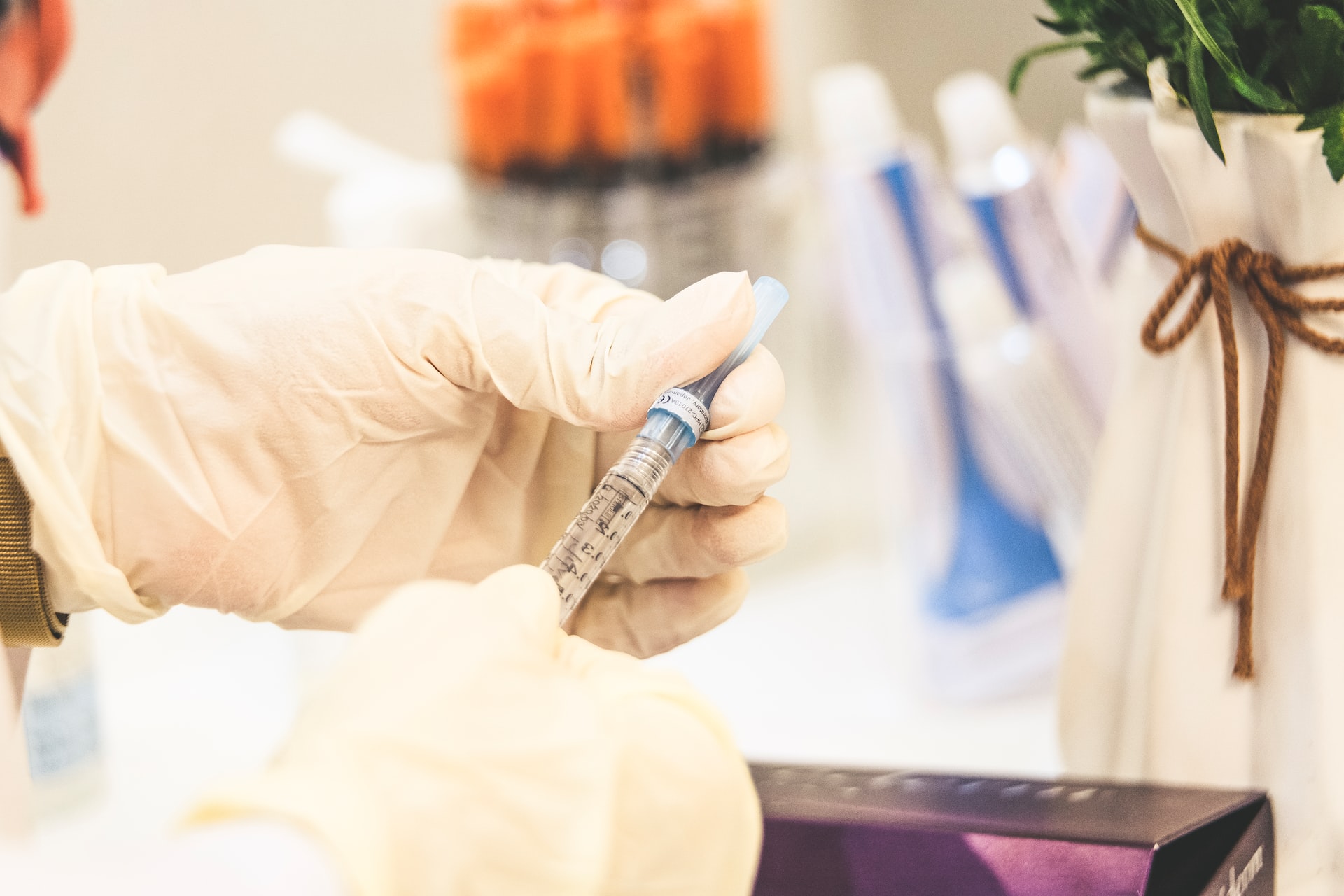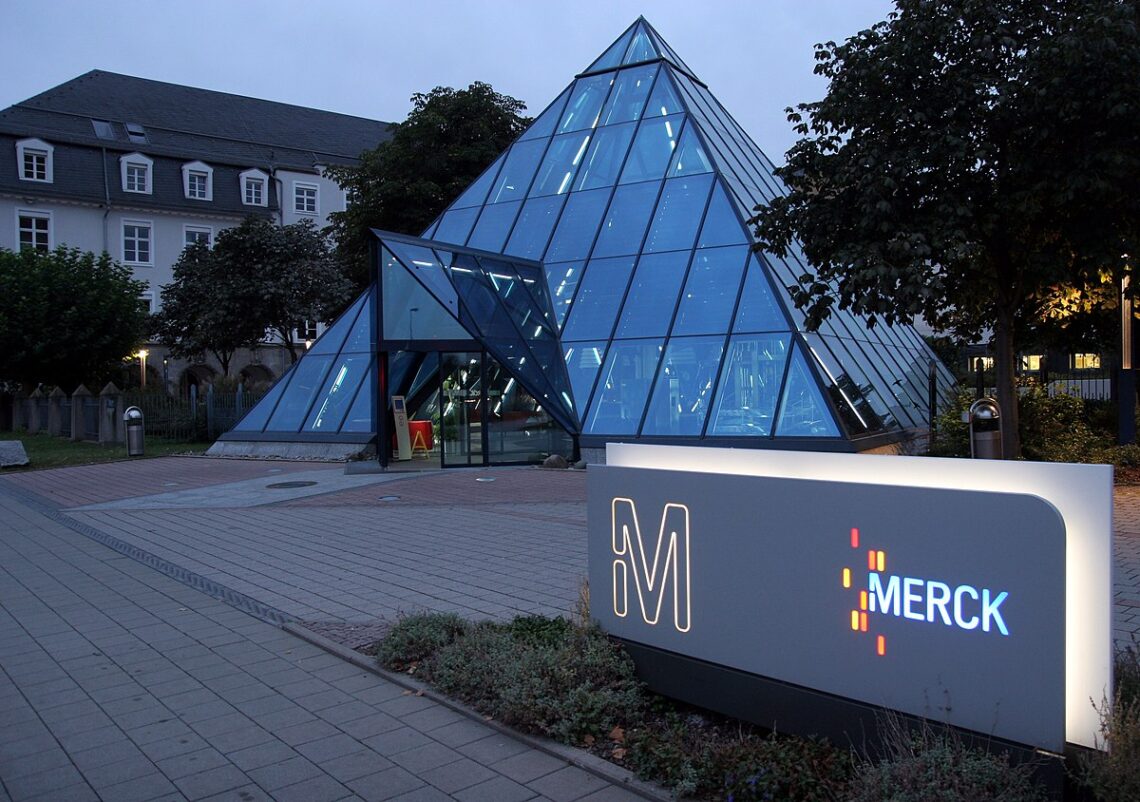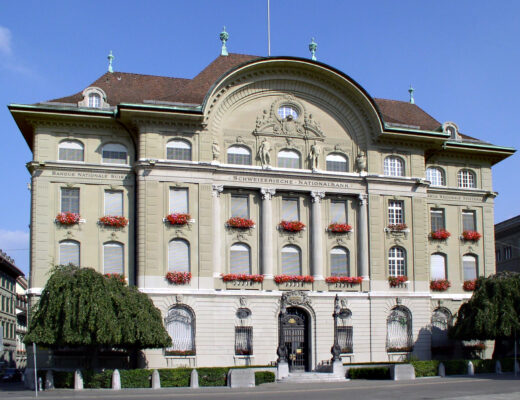Merck plans to expand its range of drugs for blood diseases
German company Merck announced the acquisition of Imago, a pharmaceutical company that produces cancer drugs. According to the deal, the buyer will pay $36 per share in cash. Such an amount is a premium of almost 107% compared with the data of the last auction.
The decision to buy Imago depends on the fact that Merck will expire in 2028 for patents on cancer drugs developed by Keytruda. And the company plans to expand its list of drugs for blood diseases. As part of that, Merck bought Acceleron Pharma last year for more than $11 billion. Thus, the German manufacturer added an experimental drug for lowering blood pressure to its list of drugs.
According to BMO Capital Markets, the Imago acquisition will not be enough for Merck to make up for the loss of patents from Keytruda. Therefore, the manufacturer is likely to go for the purchase of other companies, which will give an opportunity to expand the portfolio and increase business income.
Imago is of interest to Merck primarily for its drug, which is claimed to fight various types of blood cancers. The drug is now undergoing testing and interim studies. So far, the parties have not disclosed detailed information about the deal and its terms, we only know that it should be closed by the end of the current quarter. Merck is considered the world’s oldest pharmaceutical and biologics company. It emerged in 1668 from a small pharmacy in Darmstadt, Germany, run by Jacob Merck. Gradually the business expanded, more and more pharmacies opened and by 1820 the company already had representative offices in a number of European cities. In 1827 the first chemical-pharmaceutical enterprise appeared on the basis of a pharmacy and it was here that morphine was commercially produced for the first time. In 1884 cocaine was added to the assortment. Nine years later, a new line appeared in the company – bacteriology, which was engaged in the production of vaccines against widespread diseases of that time – tuberculosis, smallpox, and typhus. In addition, Merck produced serums against diphtheria, streptococci, and pneumococci.
Merck is considered the world’s oldest pharmaceutical and biologics company. It emerged in 1668 from a small pharmacy in Darmstadt, Germany, run by Jacob Merck. Gradually the business expanded, more and more pharmacies opened and by 1820 the company already had representative offices in a number of European cities. In 1827 the first chemical-pharmaceutical enterprise appeared on the basis of a pharmacy and it was here that morphine was commercially produced for the first time. In 1884 cocaine was added to the assortment. Nine years later, a new line appeared in the company – bacteriology, which was engaged in the production of vaccines against widespread diseases of that time – tuberculosis, smallpox, and typhus. In addition, Merck produced serums against diphtheria, streptococci, and pneumococci.
In 1891, a subsidiary of Merck was founded in the United States, and a few years later the first pharmaceutical factory started operating.
One of the models of the company’s development today is the process of mergers and acquisitions. For example, in 2006 Swiss Serona, which is active in the field of biotechnology, joined the structure of the business. In 2010, Merck bought the American manufacturer of reagents and equipment for laboratories Millipore, and in 2015 – Sigma-Aldrich, which produces reagents. Despite its long history, Merck remains a family business run by the eleventh generation of Merck. Family members are not allowed to sell their shares to outside investors.










